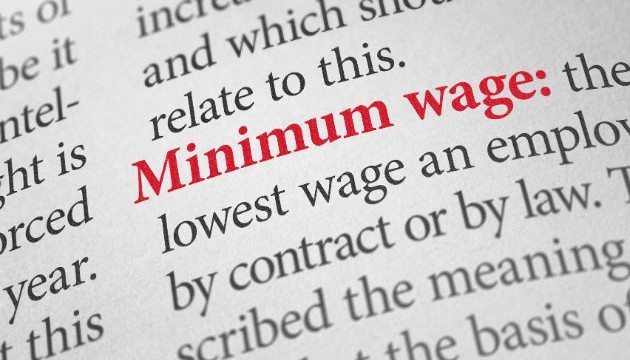
Eric Galatas, WYOMING NEWS SERVICE- In his State of the State address yesterday, Gov. Matt Mead told legislators, “I see you have well over 100 proposed bills.”
One is House Bill 4, a proposal to raise the state’s minimum wage to $9.50 an hour. A new Economic Policy Institute report shows boosting wages nationally would help workers get off government assistance and save taxpayers billions of dollars.
Its author David Cooper, senior economic analyst for Economic Policy Institute, says many full-time workers at profitable companies tap assistance programs just to get by.
“Whenever you have a company where a lot of the workers are getting public assistance in order to make ends meet, basically that means the company is effectively receiving a subsidy from the taxpayer,” he says.
The Wyoming Chamber of Commerce opposes raising the state minimum wage and claims if House Bill 4 passes, businesses would be forced to limit hiring or cut hours. But Cooper says historically, small increases in wages have not hurt employment levels. The current minimum wage is $7.25 an hour.
According to the report, raising the minimum wage to $12 an hour by 2020 would reduce federal public assistance spending by $17 billion. Cooper says despite common stereotypes, almost half of recipients work full-time, and nearly 70 percent of those under age 65 are working, or living in a working household.
“So, what this tells is that it’s really not people just loafing, living on welfare checks,” says Cooper. “It’s people who are working hard but, you know, in many cases, their pay just isn’t high enough for them to make ends meet.”
The report says 60 percent of workers earning less than $7.42 an hour receive some form of government assistance. It says workers in the lowest-wage jobs, in the arts, recreation, food service, and retail, were most likely to qualify.


